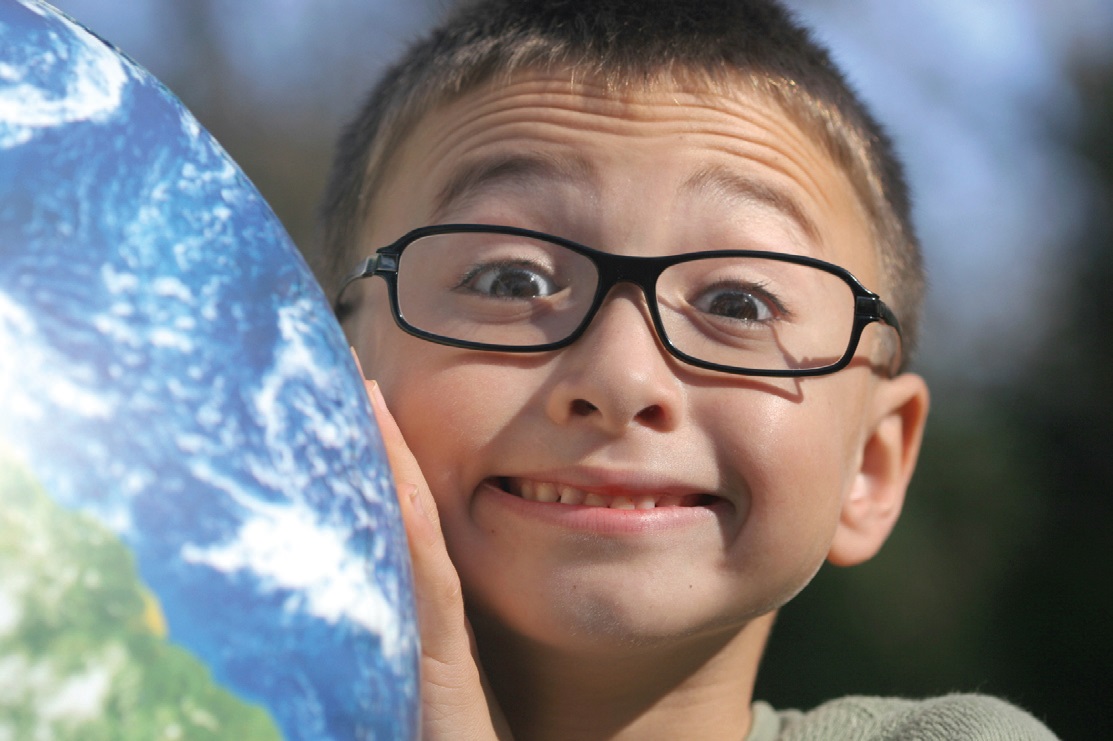The joy of science
Dr. Maureen Hunter | TLT From the Editor May 2009
Are job pressures eroding the enthusiasm that inspired and informed our careers—and lives?

Not everyone needs to be a scientist, but everyone should be scientifically literate.
Many years ago when my kids were very young, I was asked to be a judge for a 4th Grade science fair.
I walked through rows and rows of project displays and learned how to bend light using a bowl of water, how to suspend paperclips in a magnetic field and even how to make disgusting slime to scare off an obnoxious little sister. In addition to the creativity shown by these young kids, what struck me most was their attitude toward science—it was one of curiosity, joy and enthusiasm.
That evening my husband and I had dinner with a group of friends: a college professor, a high school teacher, two chemists, a biologist and an artist. When I told them about the science fair, the college chemistry professor recalled that the thrill of winning a science fair in elementary school is what instilled his desire for a scientific education and career. But recently he’d been overwhelmed by administrative duties, fund acquisition and publishing pressure and had little time to enjoy science. The artist stated that as a kid he, too, had really liked and done well in science, but now he felt as if he couldn’t understand the science section of the
New York Times.
The conversation continued throughout the evening. Had we really lost sight of the delights of science? Had we lost the curiosity, joy and enthusiasm about chemistry, biology, physics and earth science that we had as children? No, we hadn’t. We came to the realization that it wasn’t enthusiasm for science that we lacked, it was scientific literacy. We were ignorant of scientific matters outside our own specialties.
We didn’t know the difference between DNA and RNA, perhaps the most basic idea in modern molecular biology. We couldn’t explain the difference between a semiconductor and a superconductor and how they worked. When asked by our children, we couldn’t tell them why a butterfly’s wings glittered with iridescent colors.
That night, we made a pact—we would explore the delights of science everyday and make ourselves and our children scientifically literate.
With little effort and lots of fun, we found scores of books, television shows, radio programs, museums and Web sites that explain every conceivable scientific topic. From vibrating violin strings and the speed of light to Superman’s giant red sun and time travel, our daily lives provided us with direction to ask our questions and build our understanding.
Not everyone needs to be or even should be a scientist. But everyone should be scientifically literate. In today’s world, having a basic knowledge of scientific principles is necessary for informed decision making. As consumers, we should know how products work. For good health care, we should understand the medicines we take and which diagnostic procedures and treatments make sense. To help shape public policy, we need to be an informed electorate.
The other night our group met again for dinner. I mentioned that my TLT editorship would soon end and that I’d greatly enjoyed writing about my family’s experiences on our many scientific journeys. We all agreed it was one of the best things we could have done for our kids and ourselves.
Our artist friend said it best. “On this quest for scientific literacy, my family has traveled down the road of mind-bending, life-transforming discoveries,” he said. “I am grateful to have been at the dinner table that night 13 years ago and astonished by what we could have missed.”
So I ask you—no, challenge you—no, implore you. Take your kids, grandkids or even the neighbor’s kids on the most extraordinary human journey—the adventure of science.
 Maureen Hunter is technical service manager for King Industries in Norwalk, Conn. You can reach her at mhunter@kingindustries.com
Maureen Hunter is technical service manager for King Industries in Norwalk, Conn. You can reach her at mhunter@kingindustries.com.